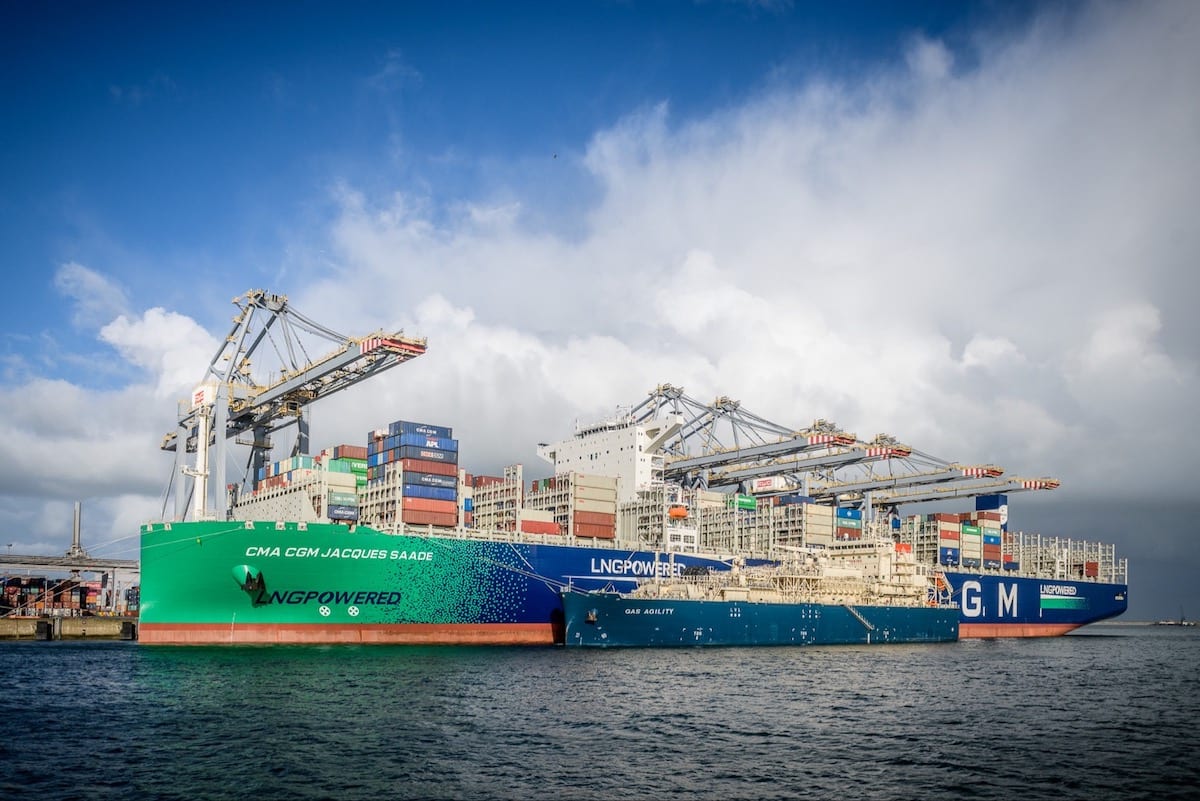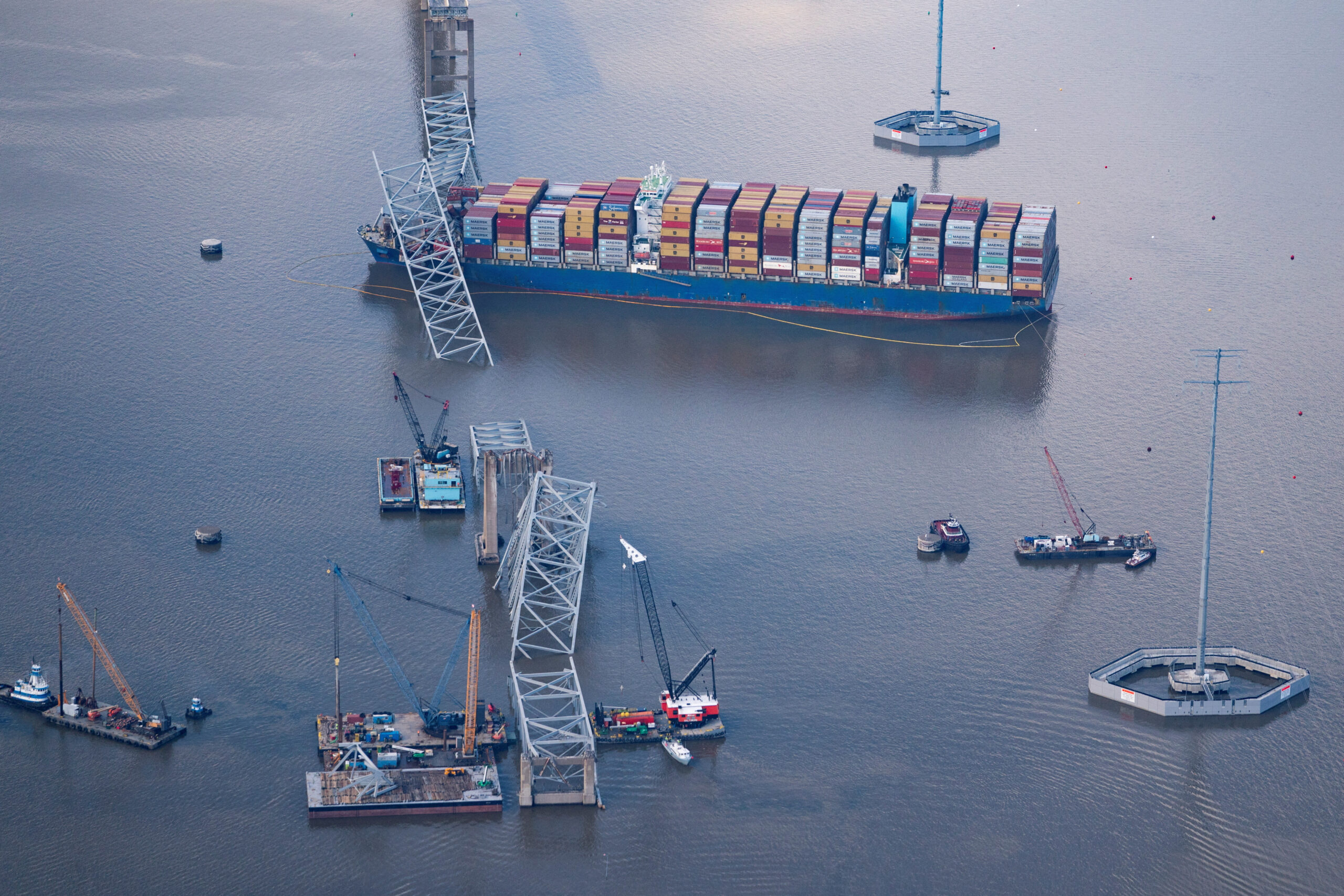Noble Express outbound, image by Lou Vest/OneEighteen – Flickr
1) US refiners are slowing down? Not exactly.
In a Reuters report today, Valero was quoted in late April as saying, “it had reduced operations at two refineries that were unable to process inland U.S. crude that was becoming increasingly ‘light.'”
This seems unlikely considering Valero could have easily sourced crude from other locations rather than reduce operations. Furthermore, in their Q1 earnings report, Valero Chairman and CEO Bill Klesse notes the first three months of 2014 were the best since 2007. He notes:
“We continued to execute on our crude oil supply strategy of growing access to and processing more volumes of cost-advantaged North American crude oil. At Quebec City, we increased our North American crude diet to 45 percent in the first quarter, up from 28 percent in the fourth quarter of 2013 and on track to reach 100 percent by year end with the expected reversal of Enbridge’s Line 9B pipeline.
2) Excess Light Sweet Crude?
Light sweet crude is the type of crude oil that is most-easily refined into gasoline and is in heavy demand within the United States. Why would an industrialized nation like the United States export its most valuable type of crude oil to countries who are building refineries in order to process this into a product for their own use? Or for trading on the global market?
Strategically and economically, it makes sense to invest in more domestic refineries or the domestic energy transportation grid in order to ensure that American resources are being fully utilized first.
3) There are large volumes of domestic crude that the U.S. can’t process – thus has to export.
Some have assumed that there are significant volumes of crude oil that U.S. refineries can’t handle. This is a false assumption.
Some refineries are uniquely set up to crack certain types of crude, but as a whole, the U.S. has an enormous ability to crack the entire spectrum of crude oil, and it’s ability to flex to meet increase crude oil production is significant.
An industry source I spoke to this morning notes that U.S. crude oil producers will likely disagree with this statement while avoiding discussing specific details that describe the exact refining capacity of the U.S. by crude type and refiner. Some say that U.S. refineries can handle an additional 2 million barrels per day of domestic crude production.
One of the main issues here is also the difficulty in moving crude oil throughout the country to the places that can process it. Some refineries are starving for product while others have more than enough.
4) Exporting crude and American jobs
Exporting crude creates more opportunity for drilling and the associated industries around that, however adding U.S. crude to the global market also will result in higher gas prices at the pump resulting in a direct negative affect on every other industry in the U.S. The added jobs and revenue from new refineries are also lost.
In addition, these refineries could also be powered by cheap domestic natural gas which would help to further strengthen the United States’ economic advantage.
If US crude is exported, more jobs are created overseas where other countries are building refineries while at the same time this oil is added to the global crude market which is largely controlled by OPEC.
Unlock Exclusive Insights Today!
Join the gCaptain Club for curated content, insider opinions, and vibrant community discussions.

 Join The Club
Join The Club













